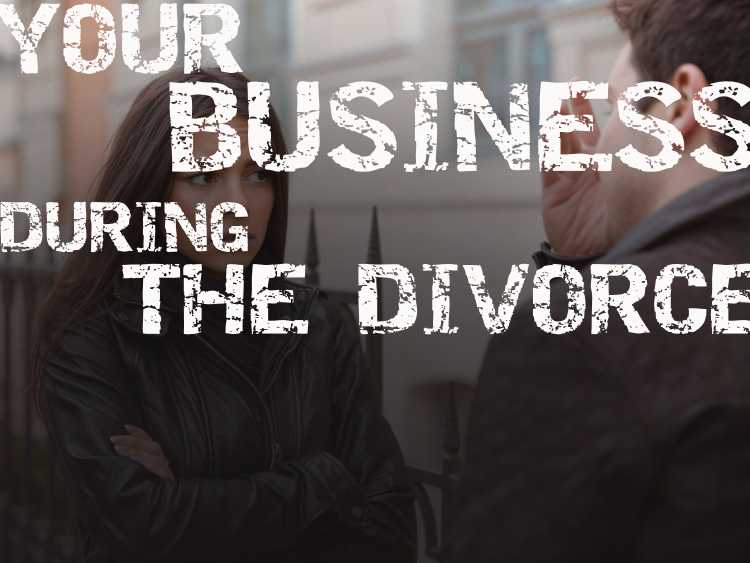
Every 13 seconds, one couple files for divorce; accounting for 43 percent of marriages that end in divorces annually in the US. Along with the divorces are businesses that lose their ground. While no one gets into marriage and even has kids planning to get divorced, unplanned circumstances result in the inevitable. Despite this being a harrowing time for you, understanding what happens to your business during the divorce is crucial.
Aspects of business that change after a divorce
Your Ex-spouse turns into a business partner
You might not have signed up for this, and you might not be in good terms with each other but, you might end up sharing a business after your divorce is final. However, this determination depends on the state you live in.
Note, however, that the decision to share the business, dissolve it, or the business remaining under your ownership or your spouse’s depends on whether the business is regarded as marital property or not.
Marital property
All assets acquired in the course of a marriage fall under the marital estate/property category, and they are divisible between the partners equally or depending on the percentage of either party’s contribution to the business.
- If you start a business after you tie the knot, the courts will apply the equal split criteria (50-50 share) unless you can provide documentation to prove that your investment in the business was more than your spouse’s. You can only protect your contributions to the business by keeping a record of all the finances you injected into the business.
- Intellectual property: during the divorce proceedings you have to name the owner of your trade secrets and intellectual property. Since such rights are hardly divisible, it’s important to have documentation showing who owns the rights. Doing this prevents a scenario where you have to buy out the other person to retain the intellectual rights.
Non-marital property
Seemingly marital property, might, however, be non-marital property in specific circumstances. The circumstances differ, but the common ones include:
Signed prenuptial or postnuptial agreements: prenups and postnups designate a specific property as being separate property rather than marital property such that in the event of a divorce, the property therein cannot be divided during a divorce.
Prenuptial agreements add an extra layer of protection to your individual business assets. The agreement should be in writing and signed by the party wishing to protect their assets, voluntarily. Postnuptial agreements are like prenups though signed after getting married.
Trusts: businesses placed in trusts might not be regarded as marital assets.
Inheritance: in most cases, inherited businesses are not regarded as marital assets although an increase in the value of the business would be regarded as part of the marital estate.
Business expansion
Even with a signed prenup or a postnup, an expansion of business during marriage matters. The family courts will check the source of funds that contributed to the growth of the business – if the funds are from marital property, the percentage of the expansion will be a part of your marital estate.
Transfer of interests
If you decide to transfer a percentage of your business interests to your spouse after getting married, with or without a postnuptial agreement, the transferred interests become marital property. If the transferred interest is a gift, it could become your spouse’s separate property.
But, it doesn’t end there. The dynamics around the dissolution of marriage and the determination of the what gets are complicated. Many more decisions will be effectuated during the divorce proceedings. So, if you have a business and getting a divorce, the answer to your question ‘do you need a lawyer to get a divorce’ is a definite Yes.




